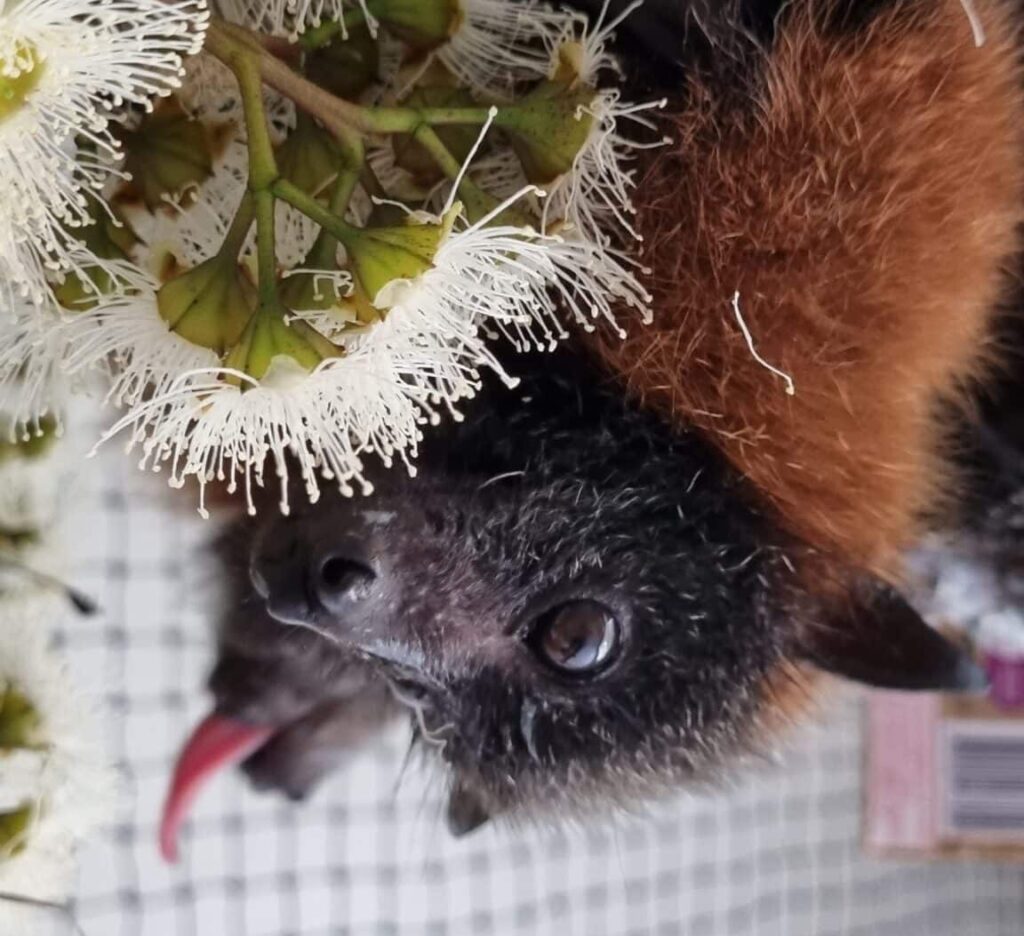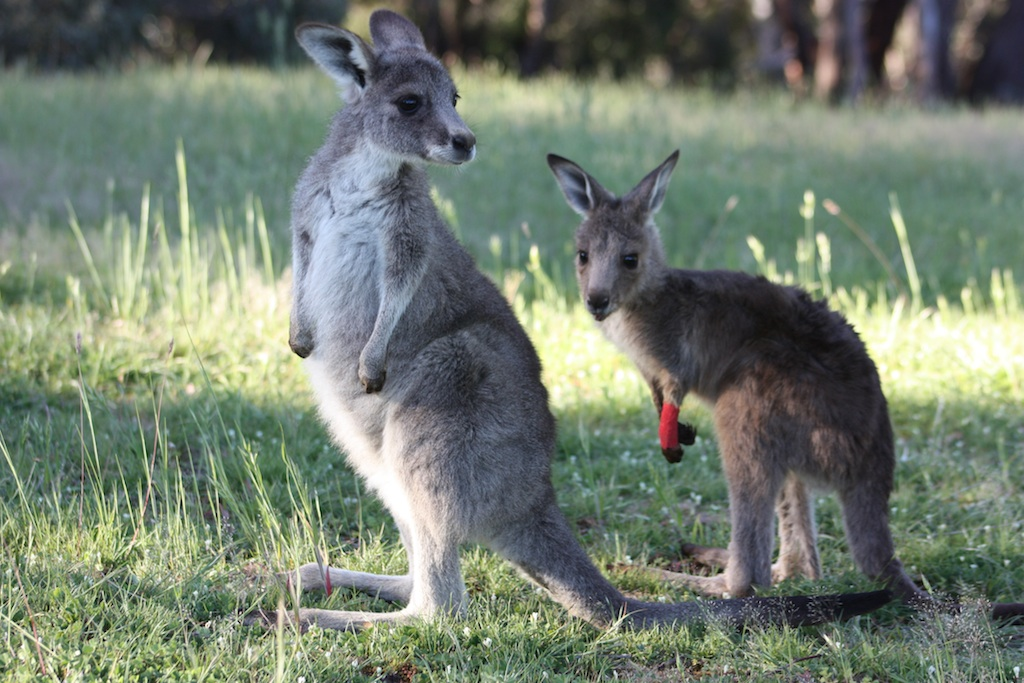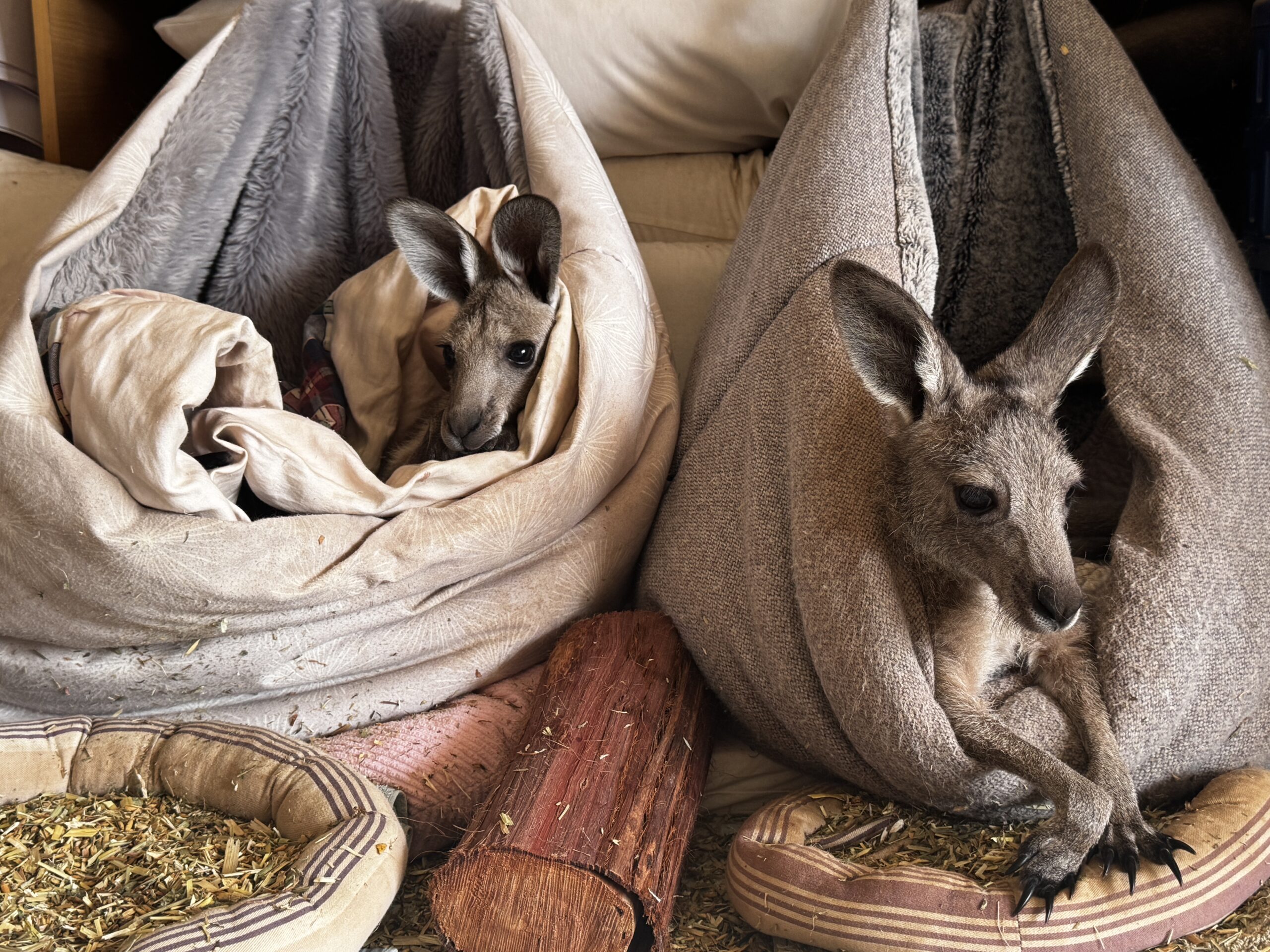Data on NSW licencing reveal the extent of Government-sanctioned destruction of native animals in the state | Conservation groups and wildlife carers to provide evidence of the extent of cruelty at inquiry into licensed killing SYDNEY (5 February, 2026)—Humane World for Animals Australia (previously Humane Society International Australia) will...
Flying-foxes are Australia’s unsung heroes, playing a vital role in keeping our forests healthy by pollinating native trees and dispersing the seeds of the native fruits they eat. These animals are immensely intelligent and highly social, traits that allow them to travel for long distances and congregate in colonies to roost and feed.
But a crisis is occurring in flying-fox populations across New South Wales and Victoria. A starvation event combined with several heat waves has hit flying-foxes right at their critical breeding season, meaning that both mothers and pups are suffering. Lactating females are succumbing to heat stress, while their pups are either orphaned, abandoned or are unable to be fed.
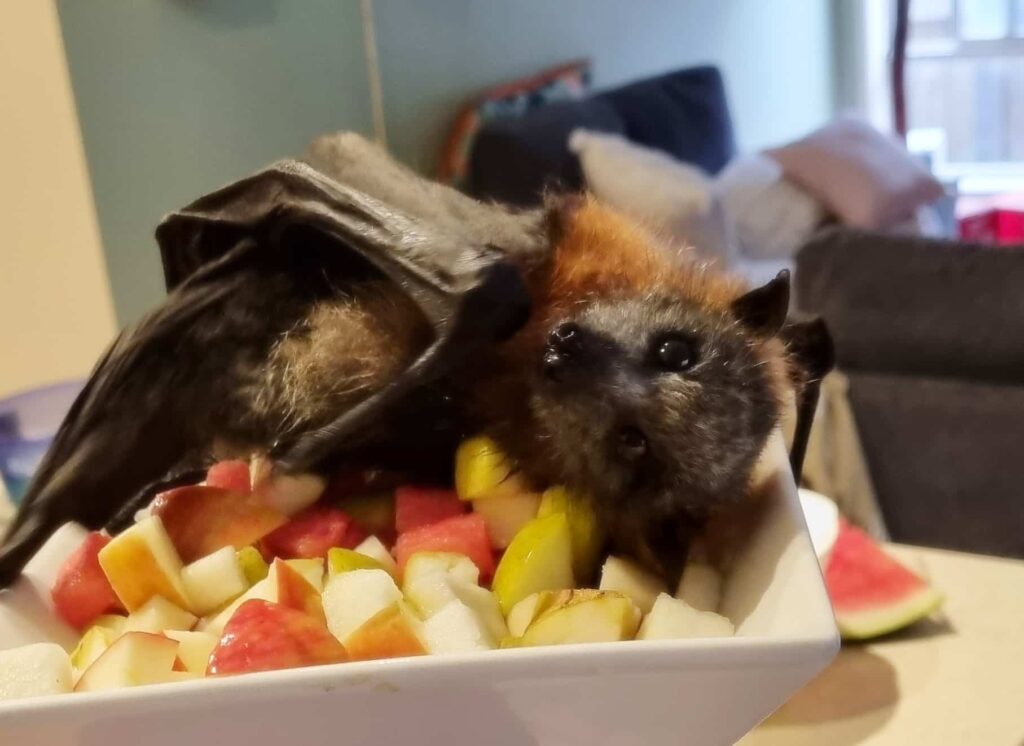
Heroes on the frontlines
There is hope for these flying-foxes however, with wildlife carers working around the clock with heroic rescues and dedicated care to save the affected animals.
We have heard from rescuers on the frontlines scooping up abandoned pups from trees, carers taking in several bats a day and shelters run off their feet preparing fruit and protein powder to help these animals regain their strength.
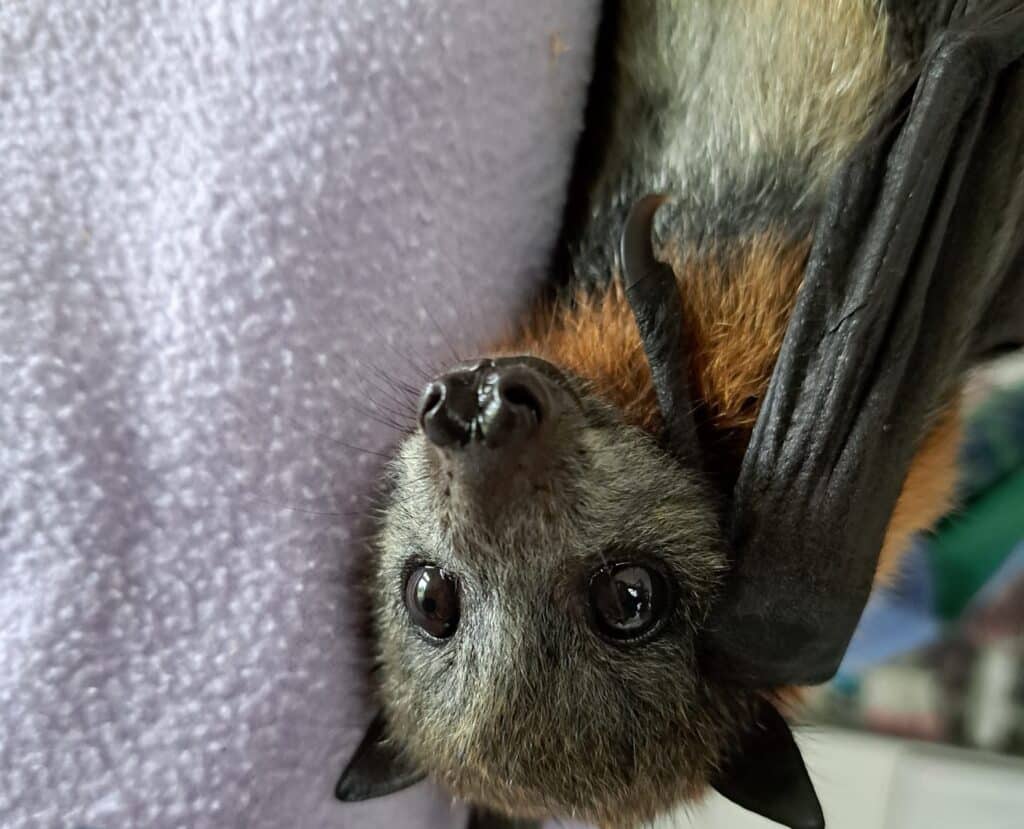
HSI’s Disaster Response grants
Humane Society International Australia’s disaster response grants are designed for situations like this – providing supplies and equipment so rescuers and carers can do what they do best! We have already supplied telescopic poles for safe, easy rescues, Humidicribs to keep pups warm and stable and an industrial fruit-chopping machine to help carers prepare the kilograms of fresh fruit needed every day.
We have also funded sprinkler systems for five major flying-fox camps in Ipswich, Queensland, which will help to prevent heat stress by keeping bats cool and hydrated during heatwaves. These sprinklers could help to save over 20,000 flying-foxes!
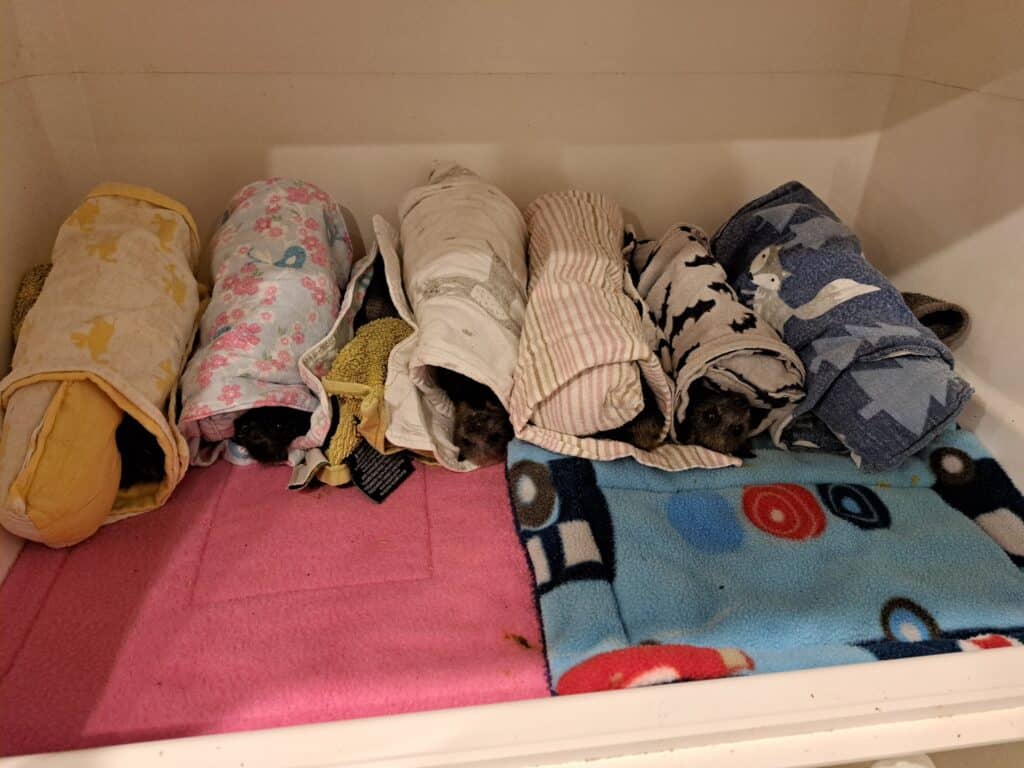
How you can help
This crisis is ongoing, and we’re still receiving requests for equipment as well as assistance with food costs for these animals in care. The pups will need months of rehabilitation so they can recover and learn all the skills needed to survive in the wild, including learning how to fly and forage.
If you want to help, consider donating to Humane Society International Australia so we can continue helping wildlife carers respond to natural disasters like this: https://hsi.org.au/donate-now/
Want to do even more? Check in with your local wildlife rescue group or look for flying-fox shelters near you for volunteering opportunities – you can help with fundraising, prepare food for animals in care or even become a flying-fox rescuer!
If you find a flying-fox in need of help, do not touch it and instead call a local rescue group – this will help protect the animal and yourself.
